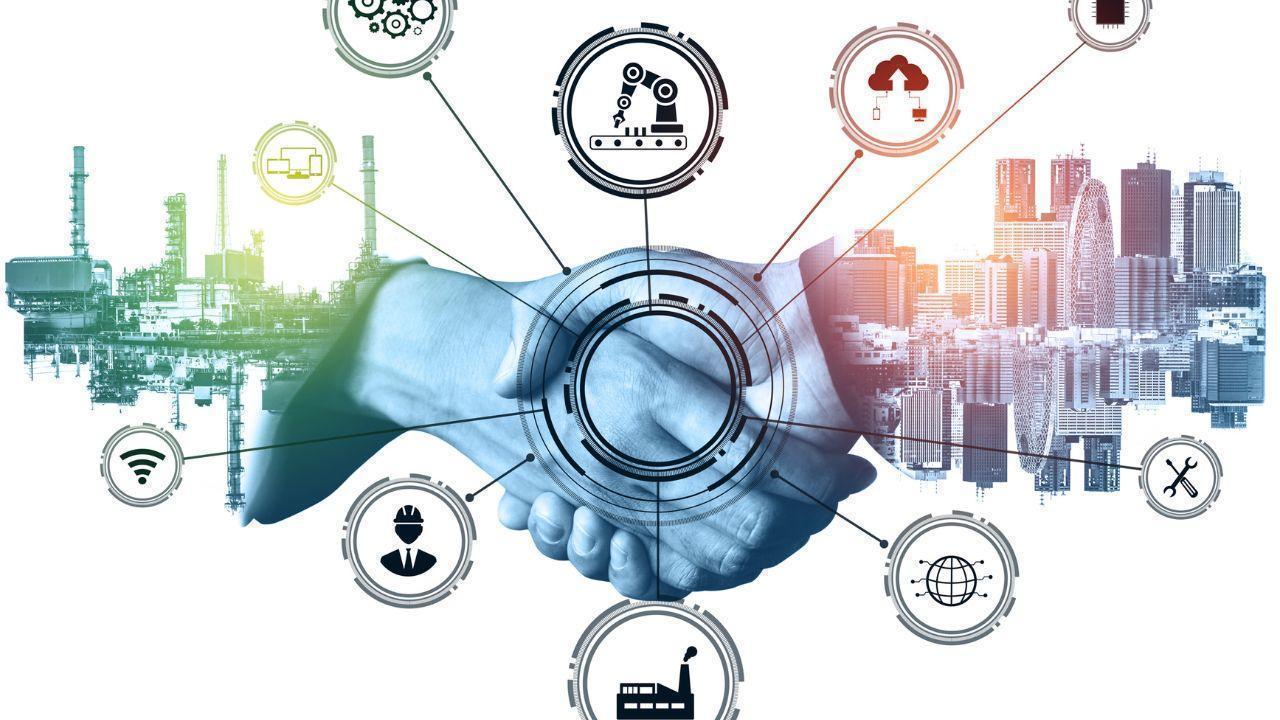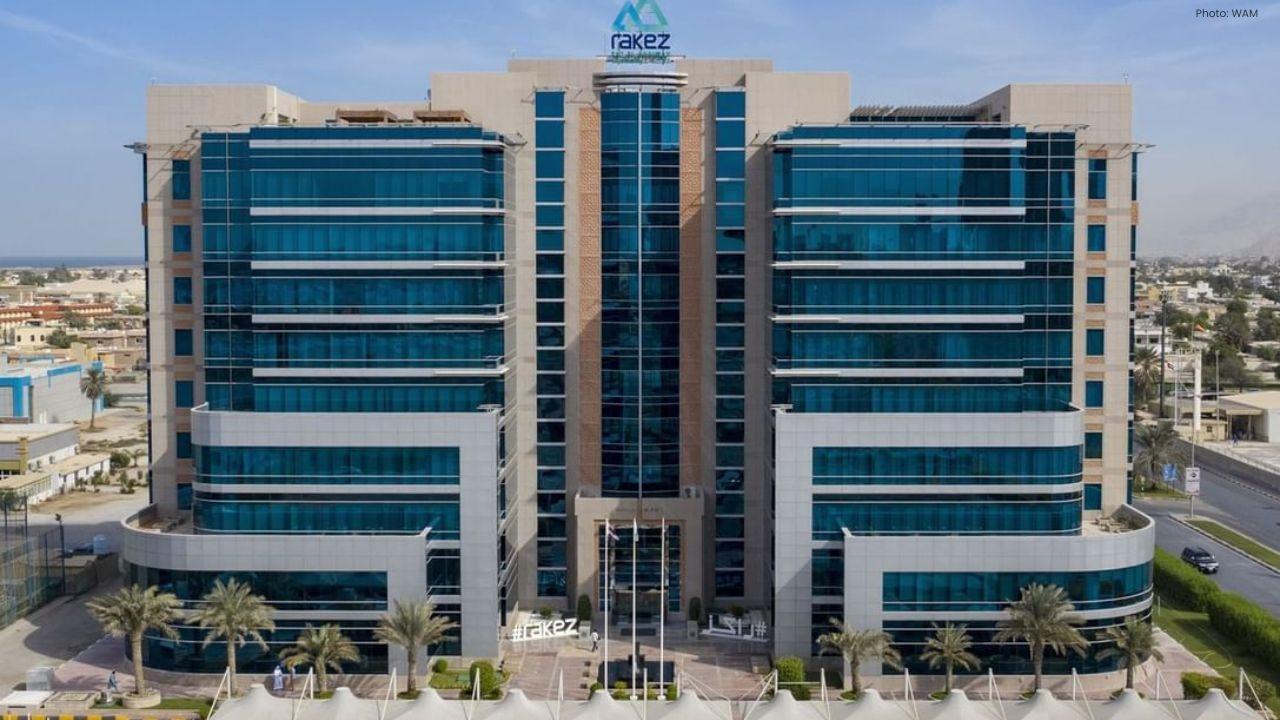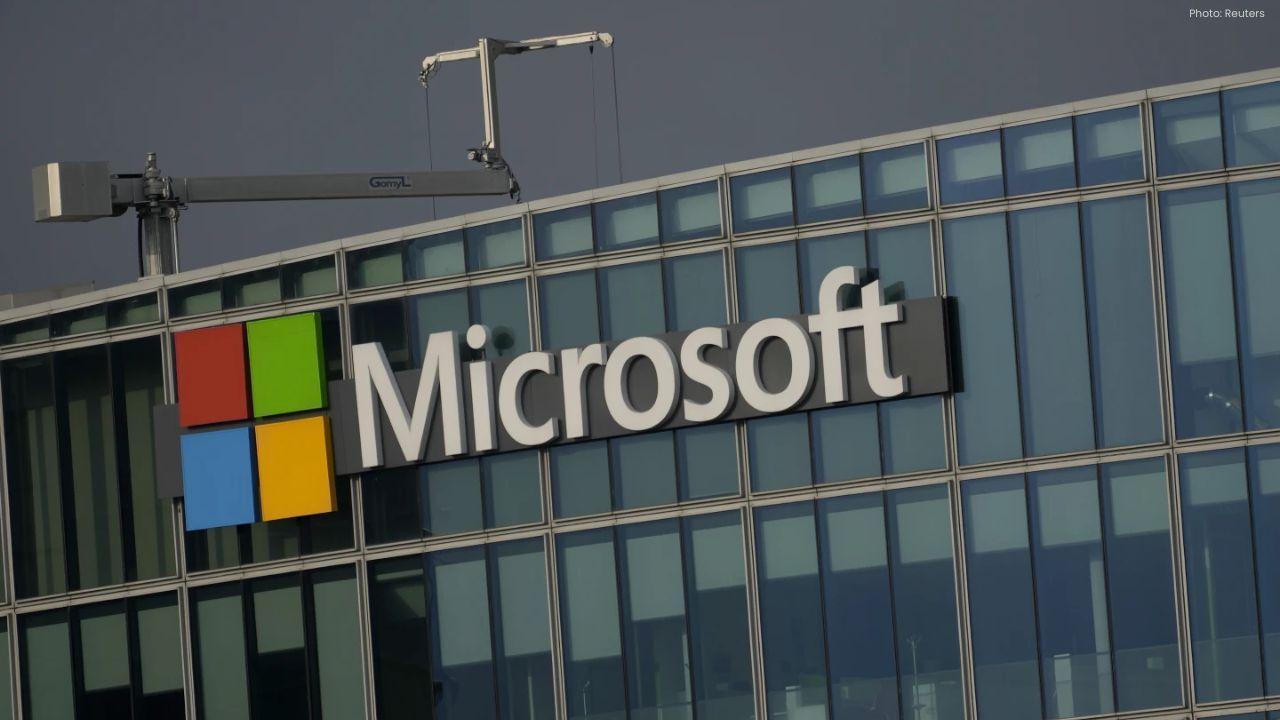
Post by : Vansh Kumar
In the last few decades, the digital revolution has dramatically transformed the way we live, work, and interact. From smartphones and social media to artificial intelligence and the Internet of Things (IoT), technology has become an integral part of daily life, influencing every sector, from education to healthcare. This article explores how the digital revolution is reshaping our future and why embracing these changes is essential for progress.
The digital revolution began in the late 20th century with the advent of computers and the internet. Unlike previous industrial revolutions, which focused on mechanization and electricity, this revolution centers around information, connectivity, and innovation. Today, digital tools empower individuals and businesses alike, enabling unprecedented efficiency, productivity, and global collaboration.
One of the most significant impacts of the digital revolution is the way technology connects people worldwide. Social media platforms, cloud computing, and instant messaging have created a global village, breaking down geographical and cultural barriers. With real-time communication and access to information, we are more connected than ever before.
Artificial intelligence (AI) is at the forefront of the digital revolution, offering solutions that were once considered science fiction. From voice assistants and self-driving cars to predictive analytics in healthcare, AI enhances efficiency and accuracy across various industries. Businesses leverage AI to analyze big data, understand consumer behavior, and optimize operations, resulting in smarter decision-making and innovative products.
Moreover, AI is transforming the healthcare sector by enabling early disease detection, personalized treatment plans, and robotic surgeries. With AI’s capabilities, medical professionals can provide better care while reducing human error, demonstrating the profound impact of the digital revolution on society.
Another critical component of the digital revolution is the Internet of Things (IoT). IoT connects devices, sensors, and systems, allowing them to communicate and share data seamlessly. Smart homes, wearable technology, and industrial automation are all powered by IoT, making everyday life more convenient, efficient, and sustainable.
In agriculture, IoT devices monitor soil health, track weather patterns, and optimize irrigation, improving crop yields and reducing resource waste. In urban environments, IoT helps manage traffic flow, energy consumption, and public safety. The integration of IoT into our daily lives exemplifies how the digital revolution enhances productivity and quality of life.
Education has also undergone a significant transformation due to digital technology. Online learning platforms, virtual classrooms, and interactive tools make education more accessible and engaging than ever before. Students can now access courses from top universities worldwide, collaborate with peers virtually, and use AI-powered tutoring systems to improve learning outcomes.
The digital revolution ensures that learning is not limited by location or resources. With technology, education becomes personalized, adaptive, and inclusive, preparing students for a future dominated by innovation and digital skills.
Businesses across industries are leveraging the digital revolution to drive growth and stay competitive. E-commerce platforms, cloud computing, and data analytics have revolutionized operations, marketing, and customer engagement. Companies that embrace technology can respond faster to market trends, reduce costs, and create more personalized experiences for consumers.
Additionally, the rise of remote work, powered by digital tools, has changed the traditional workplace. Virtual meetings, collaboration software, and digital project management systems allow teams to work efficiently from anywhere in the world. The digital revolution is not just changing businesses; it is redefining work culture itself.
While the digital revolution brings immense benefits, it also poses challenges and ethical dilemmas. Privacy concerns, cybersecurity threats, and the potential displacement of jobs due to automation are significant issues that must be addressed. Society must balance innovation with responsible use of technology, ensuring that advancements benefit everyone without compromising safety or ethics.
Governments, businesses, and individuals all have roles to play in shaping a responsible digital future. By establishing regulations, promoting digital literacy, and fostering innovation, we can harness the full potential of the digital revolution while mitigating risks.
Looking ahead, the digital revolution shows no signs of slowing down. Emerging technologies like quantum computing, augmented reality (AR), virtual reality (VR), and blockchain promise to redefine industries even further. As technology continues to evolve, our world will become more interconnected, efficient, and intelligent.
The key to thriving in this future lies in adaptability. By embracing the digital revolution, learning new skills, and staying informed about technological trends, individuals and organizations can seize opportunities and contribute to shaping a better world.
The content provided in this article is for informational and educational purposes only, as shared by MiddleEastBulletin. GCC news network does not guarantee the accuracy, completeness, or reliability of the information, and readers are advised to verify facts independently before making decisions based on the content.
#trending #latest #DigitalRevolution #Technology #AI #IoT #FutureTech #Innovation #SmartWorld #TechTrends #DigitalTransformation #ConnectedWorld #TechInnovation #NextGenTechnology #GCCNews #GCCUpdates #GCCTech #GCCInnovation #ArabWorldNews #GCCTrends #DigitalGCC #GCCBusiness #GCCFuture #GCCTechnology #GCCInsights










Three Injured After Ceiling Collapse At Liat Towers Singapore
Three people were injured after a ceiling collapsed at Liat Towers, Singapore. Eyewitnesses helped v

US Authorities Arrest Suspect In Charlie Kirk Shooting Case
US President Trump confirms suspect in Charlie Kirk shooting has been arrested after a minister turn

EU Regulators Approve Microsoft Teams Changes To End Antitrust Case
Microsoft Teams update, EU antitrust decision, Office software changes, competition rules compliance

Pakistan Prepares To Face Oman In Asia Cup Before India Clash
Pakistan prepares for Asia Cup opener against Oman, aiming for a strong start and building confidenc

Rescue Boat Capsizes in Pakistan Floods, 9 Dead in Multan
A rescue boat capsized during flood relief in Multan, Pakistan, killing nine. Floods affect millions

Bangladesh Beat Hong Kong In Asia Cup Opener With Litton’s 59
Bangladesh began their Asia Cup with a win against Hong Kong. Litton Das scored 59 and Hridoy added